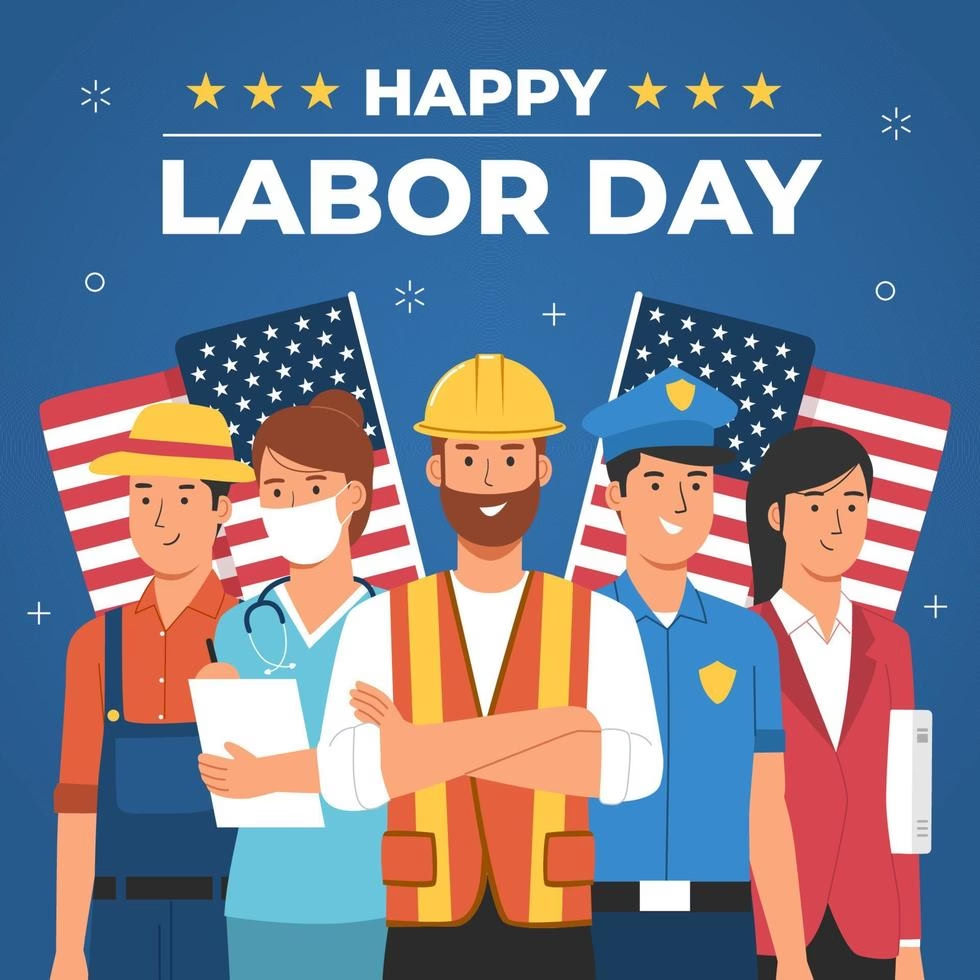
Introduction
Every year, millions of Americans ask an important question: Where did Labor Day start? To many, the holiday signals the end of summer, a chance to enjoy family gatherings, and a weekend of sales and travel. However, the roots of Labor Day run much deeper. The holiday represents courage, unity, and the fight for fair working conditions.
In this article, we will explore the Labor Day history, the Labor Day origin, and why the United States celebrates this holiday on the first Monday of September.
Where Did Labor Day Start?
Labor Day started in New York City on September 5, 1882. On that day, thousands of workers marched in what became the very first Labor Day parade. Organized by the Central Labor Union, the event highlighted the struggles of American workers who demanded better pay, shorter hours, and safer working conditions.
The powerful display of solidarity inspired other cities across the country. By the 1890s, more states began recognizing Labor Day as an official holiday. Finally, in 1894, Congress declared the first Monday in September a national holiday to honor American laborers
The Labor Day History
The Labor Day history is rooted in the challenges faced by workers during the Industrial Revolution. Factories demanded grueling 12-hour shifts, six days a week, in unsafe environments. Children also worked long hours for little pay.
Labor unions formed to fight these unfair conditions. Strikes and protests grew more common. The Pullman Strike of 1894, a massive railroad strike that shut down much of the country, pushed lawmakers to act. To ease tensions and honor workers, President Grover Cleveland signed Labor Day into law.
This turning point gave workers recognition and created a holiday that still holds meaning more than a century later.
The Labor Day Origin and Its Symbolism
The Labor Day origin story represents more than a holiday—it symbolizes dignity and fairness. That first Labor Day parade in New York City showed that workers deserved respect. It also gave rise to traditions we still follow today, including parades, speeches, and public celebrations.
The origin of Labor Day reminds us that progress comes from unity. Workers demanded justice, and their efforts reshaped the workplace. Every Labor Day weekend, Americans continue to honor that legacy.
Why Do We Celebrate Labor Day?
Americans celebrate Labor Day for several reasons:
To recognize the contributions of workers.
To honor the achievements of the labor movement.
To enjoy a national holiday that unites families and communities.
To mark the unofficial end of summer with barbecues, travel, and shopping.
In short, Labor Day began as a demand for justice but grew into a celebration of progress and unity.
How Do Americans Celebrate Labor Day Weekend?
Modern traditions of Labor Day weekend reflect a mix of history and leisure. Across the United States, people celebrate in several ways:
1. Parades – Cities host parades with floats, bands, and union members marching proudly.
2. Barbecues and Family Gatherings – Families enjoy outdoor meals, making the most of the warm weather.
3. Travel – Many Americans plan getaways, making Labor Day weekend one of the busiest travel periods of the year.
4. Sports – College football season kicks off, and fans celebrate with tailgate parties.
5. Labor Day Sales – Retailers offer major discounts, turning the holiday into a shopping event.
Labor Day as the End of Summer
Beyond its historical meaning, Labor Day also signals the unofficial end of summer. Pools close, schools reopen, and the season shifts toward autumn. For many families, Labor Day weekend offers a final chance to relax before schedules grow busy again.
The Global Perspective
While the United States celebrates Labor Day in September, most countries observe International Workers’ Day on May 1, also known as May Day. Despite the difference in dates, both holidays carry the same message: workers deserve dignity, fair wages, and safe workplaces.
This global connection highlights the universal importance of labor rights.
Why Labor Day Still Matters Today start
Even in 2025, the lessons from the Labor Day origin remain relevant. Workers continue to advocate for fair treatment, safe environments, and work-life balance.
By remembering the Labor Day history, we keep alive the sacrifices of those who marched, protested, and demanded justice. Today’s workers benefit from their efforts, and celebrating Labor Day ensures that legacy continues.
FAQs About Labor Day
Q1: Where did Labor Day start?
Labor Day started in New York City on September 5, 1882, with the first Labor Day parade.
Q2: What is the Labor Day history start?
Labor Day began as a labor movement response to long hours, low pay, and unsafe conditions during the Industrial Revolution.
Q3: What is the Labor Day origin?
The holiday originated with the Central Labor Union in New York, which organized the first parade and celebration.
Q4: Why do Americans celebrate Labor Day start?
They celebrate to honor workers’ contributions and enjoy a national holiday of rest and unity.
Q5: Does Labor Day mean the end of summer?
Yes, many Americans see Labor Day weekend as the unofficial end of summer.
SEO Tags
where did labor day start
labor day, labor day history, labor day origin, where did labor day start, labor day parade, labor day weekend, labor day meaning, labor day holiday
https://manyviral.com/can-trumps-big-beautiful-bill-pass-the-senate/
You might to like read this blog
Leave a Reply